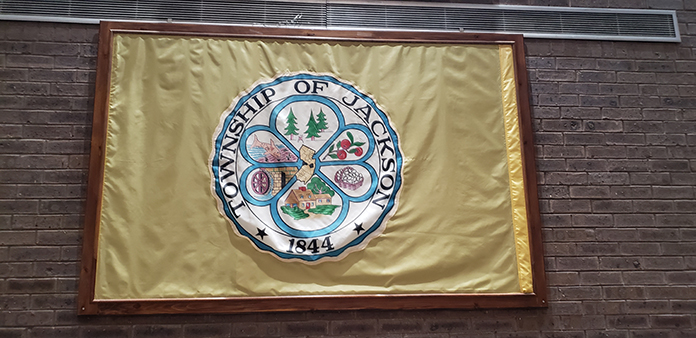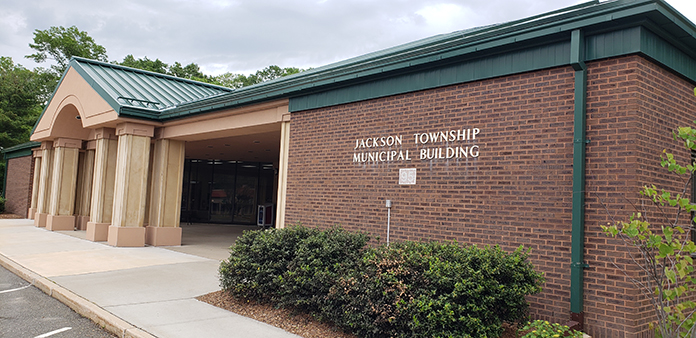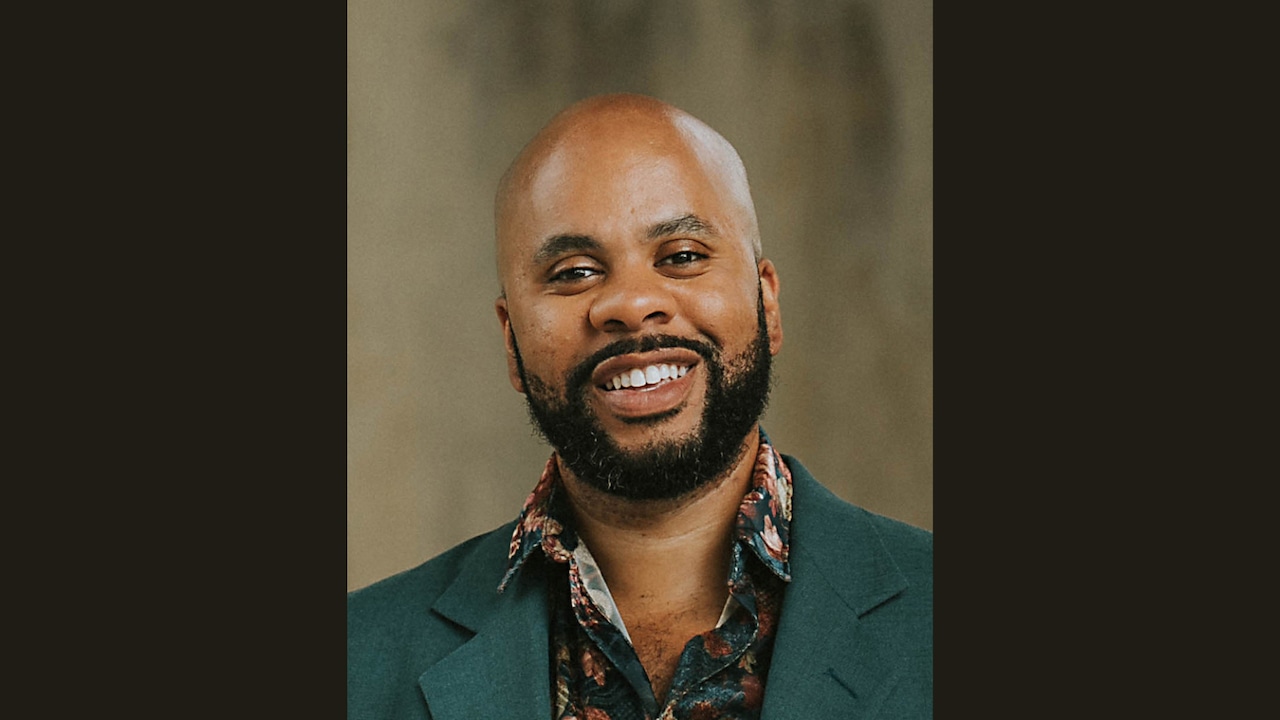JACKSON – The Township Council introduced ordinances about traffic and landlord registration during a recent meeting.
Council President Jennifer Kuhn read portions of both ordinances. The first was Ordinance 2025-24 Entitled “Vehicles and Traffic” and Ordinance 2025-25 focused on Landlord Registration and Responsibility.
Ordinance 2025-24 prohibits parking, stopping and standing on Pitney Lane West from the southerly curbline of South Cooks Bridge Road to a point 980 feet south thereof.
Pitney has been mentioned by members of the public recently as having seen a large increase in traffic.
The Landlord Registration ordinance involves inspection of residential rental units and defines the term “landlord” as a person or persons who own or purport to own, or exercise control of, any building or project in which there is rented, or offered for rent, housing space for living or dwelling purposes under either a written or oral lease, provided that this definition shall not include owner-occupied two-unit premises.
Kuhn noted, “this ordinance will not be under code enforcement. I want to make sure that this is clear. This was said at the last council meeting and I 100% meant it. We created a name – it is going to be the Bureau of Rental Housing Inspections (BRHI) and there will be a Rental Housing Coordinator.”
According to the ordinance, “no person shall occupy any rental unit, nor shall the landlord or owner permit occupancy of any rental unit within the Township, which is not registered and each rental unit shall be inspected at least annually and upon each change in tenancy or occupancy.”
“No tenant shall occupy a rental unit where a certificate of occupancy has not been issued by the Housing Official,” the ordinance states. It also goes on to say that annual inspections with all buildings, structures and dwelling units (other than hotel or motel units) that are leased for residential occupancy shall be inspected by the BRHI prior to every initial occupancy or change of occupancy and shall, under no circumstances, be inspected less than annually for issuance of an updated certificate of occupancy.
“The owner, or authorized agent of the owner, shall apply to the BRHI for the certification, which expires annually from the date of issuance, on a form provided by the enforcing agency. The fee for the inspection would cost $100 and the BRHI will be required to respond to the landlord via the email address on file 30 days prior to scheduling their appointment,” the ordinance states.
The ordinance also notes that all buildings, structures and dwelling units that are leased on a transient basis shall be inspected by the BRHI annually. Such inspections shall be in accordance with the schedule set forth below to the extent possible and practicable for issuance of an updated certificate of occupancy.
The schedule will serve as a guide for both property owners and the Bureau and shall not serve as the basis for refusal of entry to a given property to the BRHI, nor shall the schedule serve as a basis for request of a refund of any fee paid.
“There will be two coordinators and one admin and the best thing about this is its self-funded by the landlords,” Kuhn said. “The taxpayers are not paying for this.”
The $100 that is raised by fees will be given its own line item in the budget for its own department, she said. “With 3,000 rentals, we’ll have $300,000. Figure you make $70,000 each. Each of these coordinators – they’ll have their own vehicles paid by the landlords and this will be their sole job.”
She explained, “so if you have a pool that you think is being illegally done or any property you think is being illegally rented, this will be their sole job.” She noted that landlord registration regulations have been changed four times. “You have to update it because the town is growing. It is five years late but at least it is here now.”
Council Vice President Mordechai Burnstein said that those hired will have “quasi police powers to be able to write the summons if the house is being utilized by more than one family when it is not allowed to be utilized by more than one family.”
Both ordinances were unanimously approved for introduction and public hearings on them will be held on July 22 at the township council’s next meeting.












